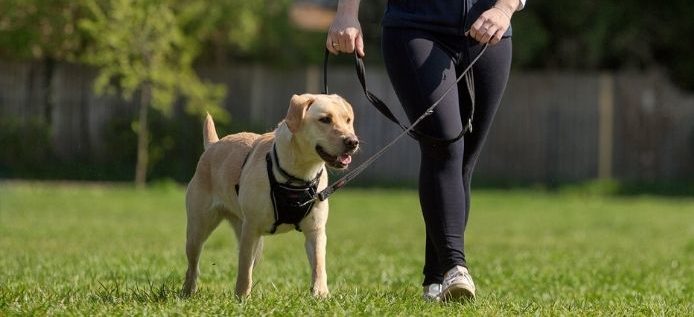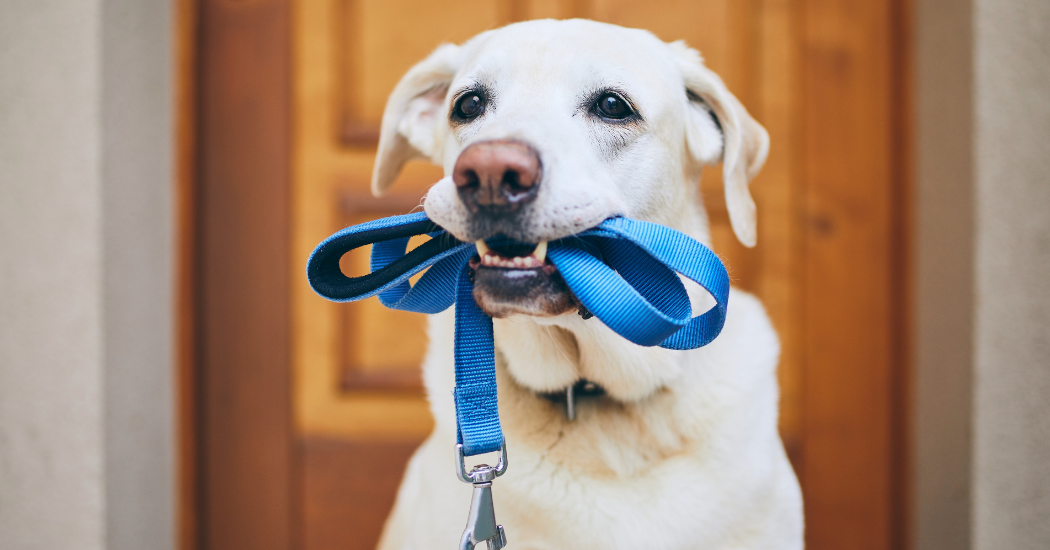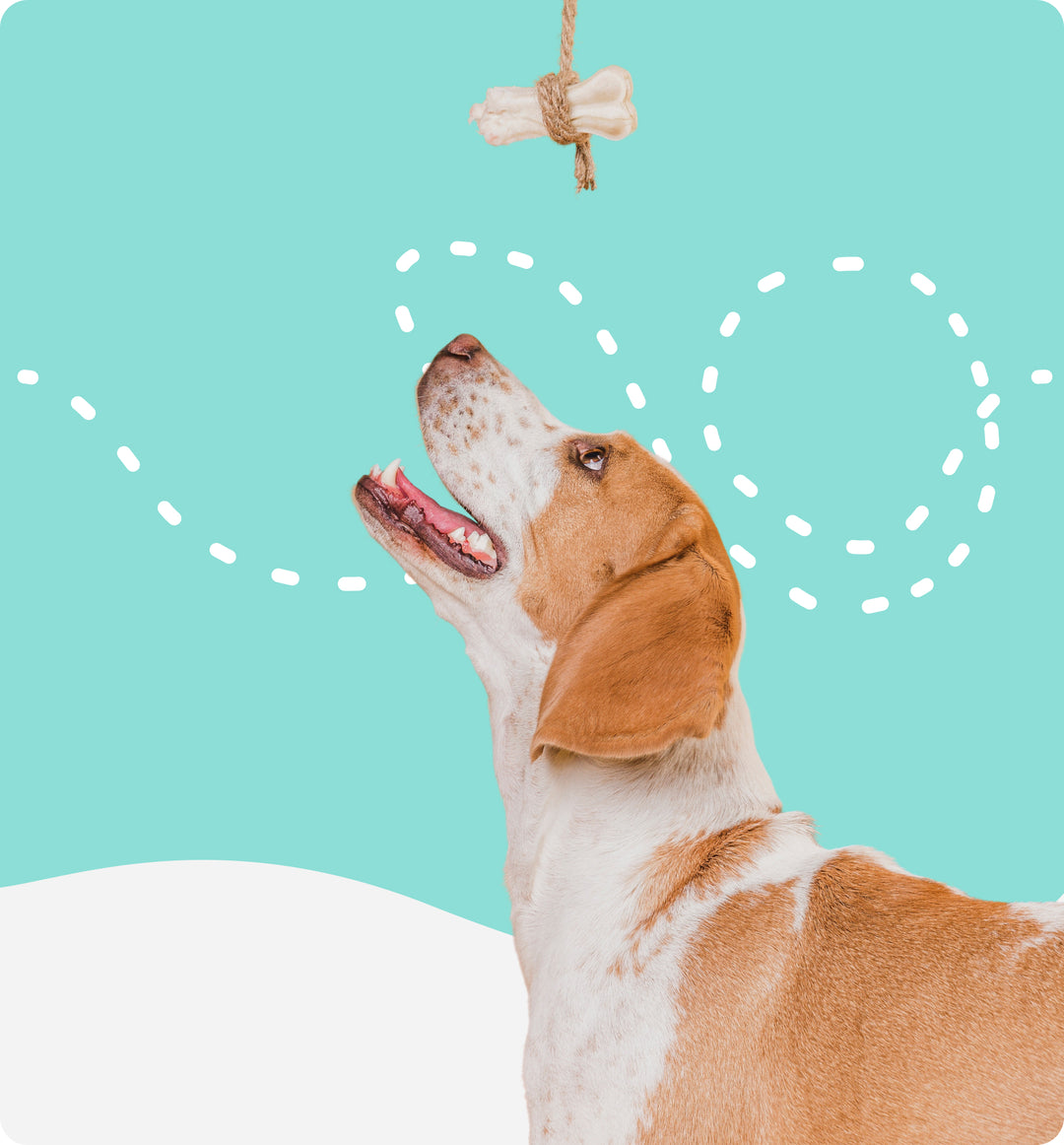Donegal Daily’s Pet Column is brought to you by veterinary nurse Michelle Kelly in association with Gary’s Pet World, Letterkenny Retail Park.
For all your pet food, health, accessories and toy needs, call instore or visit www.petworld.ie. Free shipping on orders over €29
Dog training can be daunting if you don’t know where to start. Your dog doesn’t have to be a puppy to teach them basic obedience but to have a well rounded dog it takes a lot of work, effort and dedication. (You CAN teach an old dog new tricks)
Obedience training doesn’t have to be difficult or fancy. Teaching the basics, such as sit, stay, lie down etc. and them being able to do these at home and in public, is more than enough. It keeps the dog safe and gives you confidence that you have proper control of your dog.
How to teach obedience … ditch the bowl
You don’t need fancy treats to teach your dog new things. Simply weighing out their daily meal and using it as their reward (hand feeding) ensures they get their full meal for the day and prevents having to fork out for loads of different treats. (It also helps to prevent weight gain since they are getting their correct calories for the day).
Use positive reinforcement when your dog does something you want them to repeat. Once they realise they are getting rewarded for good behaviour they’re more likely to repeat it.
Why teach obedience
By positively reinforcing good behaviour you are gently encouraging your dog to be well mannered.
Every time you teach your dog new tricks you are building your bond and allowing your dog to trust you more and more.
You are giving your dog plenty of mental stimulation. They don’t need loads of big long walks everyday in order to tire them out. Simply taking the time to teach your dog a new trick each day for 10-20 minutes will tire them out as much as an hour walk. (That doesn’t mean you don’t have to walk them, simply use their walk as a training session too)
What to start with
The most basic commands are sometimes overlooked when it comes to training dogs but in order to have a well behaved dog in all situations they need to be solid.
- Start with their name (obvious but sometimes forgotten about) and teaching how to sit and lie down.
- Then move on to stay.
- You can then make it more difficult by moving away while they hold a sit or down-stay.
- Threshold is tough but very important especially if you live near busy roads. This involves you teaching them to wait for a command before crossing a boundary such as a doorway or gate (you’ll thank me later). Build up distractions so that no matter what is across that boundary they do not move until they are told. (Keep a long lead on them for this if your dog is likely to run, tether them to something solid in the beginning so if they do run away they can’t get far)
- Recall – extremely important because if you don’t have a solid recall your dog is at risk of getting lost, injured or worse. If you don’t have a solid recall in busy places the safest thing is to have a 10-20m long line attached to their collar or harness if you want your dog to have some freedom in open spaces.
- Walking nicely on a lead can be difficult to train especially in a strong, large dog. Time and patience are your main requirements here.
- Drop – dogs sometimes steal things they shouldn’t have so teaching the ‘drop it’ command prevents a trip to the vets to make them sick or needing surgery to remove household items. It can be very dangerous and life threatening. (It can also be quite embarrassing for the owner, you can only imagine what I’ve seen removed from a dog’s intestines)
- Settle – if you want to bring your dog along with you to different Dog friendly places, it would be ideal to teach them how to settle in busy places. This can be done by exposing them to these places from a young age and bringing plenty of food as a reward. The idea is for them to ignore everything that is going on and just chill out.

Shop HALTI Training Leads at Gary’s Pet World Letterkenny
Remember
Have fun with their training and expect that there will be bad days but there will be plenty of good days too.
Don’t put too much pressure on yourself. Nobody is 100% perfect so we can’t expect our dogs to be.
Patience is one of the main requirements when obedience training because it won’t happen overnight. It might take weeks or months to perfect what seems like the most simple command.
If you struggle with any of these at all, reach out to local dog trainers, they are experts in the field and can be the best investment you make for your dog and yourself.
If you put in the effort in from the beginning then you will reap the rewards eventually.
Michelle Kelly qualified with a BSc Honours in Veterinary Nursing from LYIT. She works full-time in a clinic in Derry. She is the proud owner of a labrador named Nala, who goes everywhere with her, even to work.
As a dog owner in the North West, Michelle says she sees a lot of misunderstanding around owning a pet. With her first hand experience in a veterinary practice, she wants to give up-to-date facts and information to pet owners and to be a person people can turn to for help and advice, especially in the local area of Donegal.











